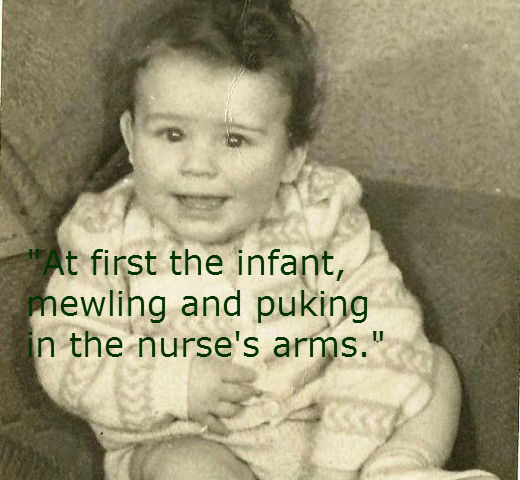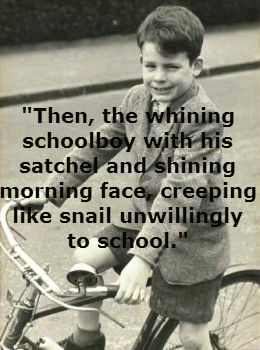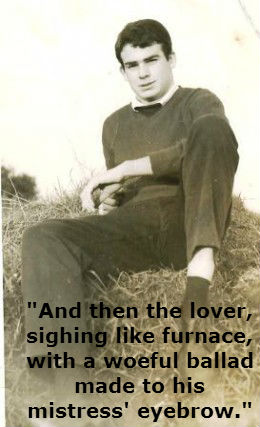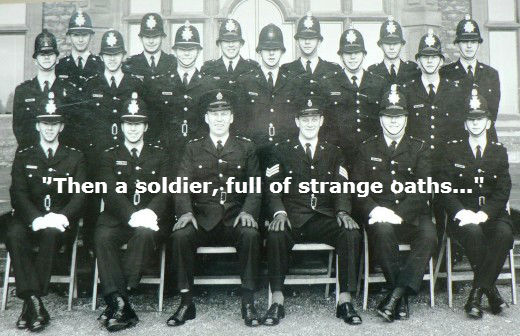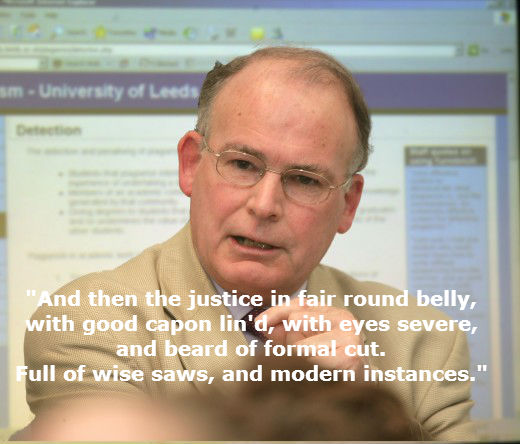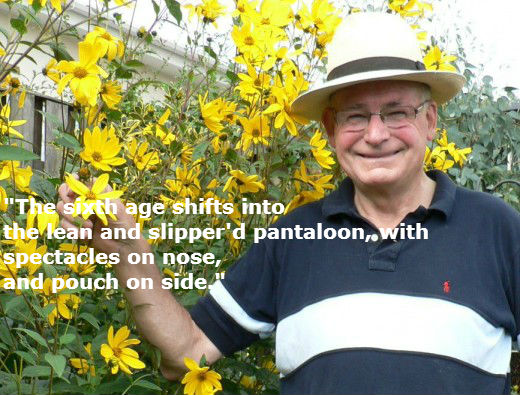The Mask of Ageing.
 The ‘Mask of Ageing’ is a description given to an idea about the match, or mismatch, between how old you look – and how old you feel, think and act.
The ‘Mask of Ageing’ is a description given to an idea about the match, or mismatch, between how old you look – and how old you feel, think and act.
Does the ‘mask’ your age presents to the world truly reflect how you feel about yourself? Does your youthful or aged external appearance connect with your perception of the real you?
My article briefly explores this idea. There are self-assessment exercises too, so please read on.
(Images/copyright: Photos purchased by me from Shuttlestock. The poem at the end is my own).
“She did not feel ready for frailty, for death”
“She did not feel ready for frailty, for death. She might be an old woman – that was what the rest of the world saw – but inside she was still five, sitting on the back step of her mother’s house, shelling garden peas into a bowl; still twelve and reading ‘The Wind in the Willows’ up in the tree house; still nineteen and newly wed in ivory satin, slim and smiling; still thirty-six and lying with her lover in the grassy shade of these very woods, lost in pleasure. Still young in her mind. Still herself. Everything you had been, she thought, you remained. At seventy you were the sum of all those parts, these people from the past: the child, the girl, the woman. Nobody was just old.”
From ‘Beyond Forgiveness‘ (1998), by Caro Fraser, published by Phoenix. Product link above.
An Old Dog?

The poet, Yeats, wrote: What shall I do with this absurdity – decrepit age, that has been tied to me, as to a dog’s tail?
Age – the visible manifestations of time passing – is likened by Yates to a ‘dog’s tail’: part of its body language, but otherwise superfluous.
However, Yates uses the word ‘tied’ . Age is ‘tied’ to him. His outward bodily appearance (age) labels him in an unflattering way: ‘decrepit’.
The ‘Mask of Ageing’ was an idea developed by two academics: Featherstone and Hepworth (1991), as a theoretical means of looking at the relationships between the bodily manifestation of one’s age, the responses of other people to you – and your own experiences and feelings about it.
This idea became relevant to me when I went to interview someone for an oral history project I was involved with. The interviewee’s teenage daughter came to the door and I asked to speak to her mother, giving the reason for my visit. But the girl hadn’t listened properly, and I heard her say to her mother in a back room: “There’s an old bloke asking to see you … summat about an interview.”
“Old bloke”. Was I an old bloke? I was in my mid 60s, so didn’t quite see myself that way. But this was how I was perceived by a teenager. The mask I was wearing though, presented me as ‘old’ to the girl.
But did I feel old, think old? And what was being ‘old’ all about?
Older people (70+) tend to associate old age with dependency – particularly being required to go into nursing or residential care. Most older people distance themselves from this scenario, unless it is inevitable. (Bradley and Longino, 2001).
“Mirror, Mirror …”
 I look in the mirror and see a man: balding, grey hair (what’s left of it); slightly overweight; lined face; wearing glasses; and with the flesh below my chin starting to do a turkey droop. My dog loves me though.
I look in the mirror and see a man: balding, grey hair (what’s left of it); slightly overweight; lined face; wearing glasses; and with the flesh below my chin starting to do a turkey droop. My dog loves me though.
I know I am in my late 60s, so I suppose I look like many (but not all) 60 year old men inevitably look.
My body is not as agile as it was – I feel to have lost some strength, compared to my 50s – and have grown stiffer in the joints, but I am still fit and strong enough to carry my grandson on my shoulders for a fair distance, plus dig my garden, and walk for 8-10 miles on Ilkley Moor, without too much gasping for breath.
So, I have slowed a little physically over the last decade, in line with my body saying I should.
Physically then, you do what you can do – and the ageing process can have its say in all this.
But what about mentally? Mentally, my short term memory is not so hot. But it never has been, and as you get older I think you get more selective about what you want to remember. And probably if I listened a bit harder, I might remember more of the short term stuff – that’s what my wife tells me, anyway.
My long term memory is pretty sharp, and I am good at connecting ideas and theories, love all English related activity, but am hopeless at figure work. But again, this has always been the way, and I think as I get older I am getting much better at stuff I was always good at – and worse at stuff I have always disliked.
I enjoy learning new things too, and can do it quickly – but again, I am much more selective about what I do learn these days; it is a lot to do with motivation.
I am retired now, but if I was still wanting employment I would be worried about ageing. Employers, and others, can stereotype older people as a group that has lost an ability to learn rapidly, compared to younger people. Stiff in body – and in the head – tends to be a commonplace stereotype, even though is evidence to the contrary that older people can learn just as well and as rapidly as younger.
What about change in attitudes though? Have I changed over the years? Yes. I’m much more intolerant of bad behaviour that impacts on the peace of others, e.g. noisy neighbours; litter; rowdy teenagers; barking dogs, and their ilk. In the past, I was more tolerant – ‘live and let live’ and all that – but now I just feel this type of behaviour is selfish and anti-social.
On other matters though, particularly sexual orientation, political and religious beliefs, I haven’t changed, and have probably become more accepting of differences and beliefs as I have aged. And I am more intolerant of intolerance in these areas of life.
Personality? I was a socially awkward and reserved 16 year old, and am still much the same today, fifty years on. But I have learned to cope with it, deal with it, accept it, even use it to my advantage in life. I believe there is a core element to our personality that doesn’t change, cannot change – or doesn’t want to change. But what do you think?
Changing Attitudes

Things to Come
 Central to the ‘Mask of Ageing’ idea is that the ageing appearance of a person does not equate to lack of ambition. Older people find a sense of their identity from past achievements – and a sense of purpose and direction for the future (Biggs, 1999).
Central to the ‘Mask of Ageing’ idea is that the ageing appearance of a person does not equate to lack of ambition. Older people find a sense of their identity from past achievements – and a sense of purpose and direction for the future (Biggs, 1999).
Older people can still have hopes and plans for the future. A recurring hope is that they will always feel needed by others; their plans can be from the mundane – to the surprising. Perhaps the essence of life itself is all about having ‘unfinished business’. My own unfinished business is to put together a collection of short stories I have written since retirement and self-publish these.
What is your life’s ‘unfinished business’?
Seven Ages of (This) Man – With thanks to William Shakespeare and his poem, ‘The Seven Ages of Man’.
“Last scene of all”… the Seventh Age.
The End
Let me go clutching my chest
Quickly
Let me embrace the ground
Gratefully
Let the birds strut about me
insouciantly
Let the cats watch
Indifferently
Let the dogs lick my face
Curiously
There. Dig my plot there and lay me in.
Quietly.
Copyright: Colin Neville
References
Biggs, S. (1999). The Mature Imagination. Buckingham: Open University Press
Bradley, D., and Longino, C. (2001) ‘How Older People Think About Images of Ageing in Advertising and the Media’. In Generations vol. 25(3), pp:17-21.
Featherstone, M., & Hepworth, M. (1991). ‘The mask of ageing and the postmodern life course’. In M. Featherstone, M. Hepworth, & B. Turner (Eds.), Theory, Culture & Society: The body: social process and cultural theory. (pp. 371-390). London: SAGE Publications Ltd.


